The Position of the Article:
(I) The article is generally placed-
(a) Before a Noun; as, a pen, a girl.
(b) Before the Adjective which qualifies a Noun; as, a nice pen, a beautiful girl.
(c) Between the Adjective and the Noun when the sentence or the clause begins with How, So, Too; as,
- How nice a girl she is !
- So grand a scene I have never seen.
- This is much too large a coat for me.
But we say- Such a nice boy. What a grand scene!
(d) Between the Nouns and such words as Both and All; as,
- Both the friends passed.
- All the students failed.
(II) Some Important Distinctions-
(1) My brother has gone to sea (to become a sailor).
My brother has gone to the sea (on a voyage to the particular sea).
(2) He goes to school (to receive education).
He goes to the school (to a particular school, not necessarily to receive education).
(3) He works in wood (He is a carpenter).
He works in the wood (He is a wood-cutter or a forester).
(4) In a body. (All together; as They left the room in a body).
In the body. (In the main part; as In the body of this letter there is nothing objectionable).
(5) To take air (to be closed). The secret has taken air.
To take airs (to feel proud). Only the foolish boys take airs.
To take the air (to breathe fresh air). We went out to take the air.
(6) She keeps house (She manages the household affairs).
She keeps the house (She remains within doors, because of sickness, etc.).
(7) A black and white sheep (One sheep which is partly black and partly white).
A black and a white sheep (Two sheep, one of which is black and the other is white).
(8) A statesman and a philosopher was here. (One man who is both a statesman and a philosopher).
A statesman and a philosopher were here. (Two men, one is a statesman and the other a philosopher).
(9) Sohan is a better poet than warrior. (Sohan is both a poet and a warrior, but he is not so good a warrior as a poet).
Sohan is a better poet than a warrior. (Sohan is only a poet. The sentence means that he is a better poet than a warrior would make).
(10) Horses are useful animals.
The horse is a useful animal.
A horse is a useful animal.
(All denote the whole class of horses).
(11) I have read the first and second chapter of the book.
I have read the first and the second chapter of the book.
(Both the sentences mean the same thing).
(12) Give me half-rupee (eight-annas).
Give me a half a rupee (the coin, an eight anna piece).
Note- It is wrong to say-
I have read the first and the second chapter of the book.
Either write chapters or put the Article the before second.
Some Common Mistakes in the Use of Article:
| Incorrect | Correct |
|---|---|
| Lion is a beast of prey. | The Lion is a beast of prey. |
| Speak truth. | Speak the truth. |
| Do not tell lie. | Do not tell a lie. |
| He is in hurry. | He is in a hurry. |
| Do not make a noise. | Do not make a noise. |
| This is a news to me. | This is news to me. |
| Sixty minutes make a hour. | Sixty minutes an hour. |
| He is a M.L.A. | He is an M.L.A. |
| The man is mortal. | Man is mortal. |
| The truth is bitter. | Truth is bitter. |
| He is well up in the English. | He is well up in English. |
| The iron is a useful metal. | Iron is a useful metal. |
| The mankind should love the nature. | Mankind should love nature. |
| He is an university student. | He is a university student. |
| He gave me an one-rupee note. | He gave me a one-rupee note. |
| Ganges is a sacred river. | The Ganges is a sacred river. |
| He ate the all mangoes. | He ate all the mangoes. |
| The whole India celebrates the Diwali. | The whole of India celebrates the Diwali. |
| Two boys quarrelled with one another. | The two boys quarrelled with each other. |
| A hot and cold spring were found near each other. | A hot and a cold spring were found near each other. |
| Germans do a lot of work. | The Germans do a lot of work. |
| The both boys were present. | Both the boys were present. |
| Higher you go cooler it is. | The Higher you go the cooler it is. |
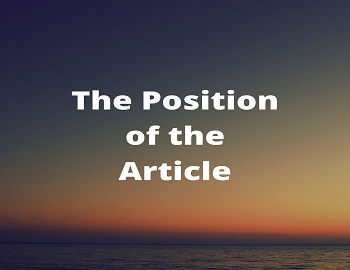
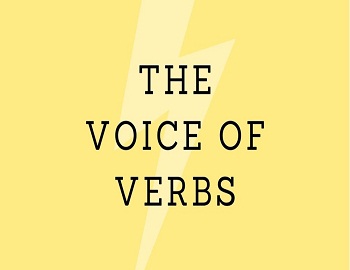

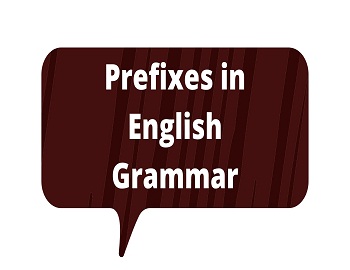
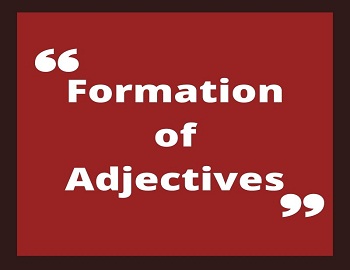
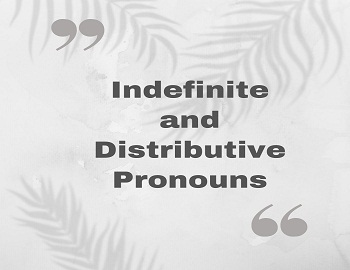
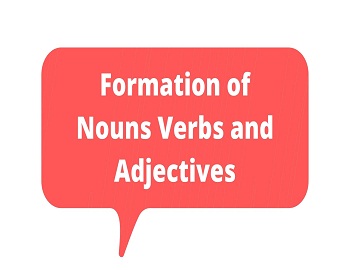
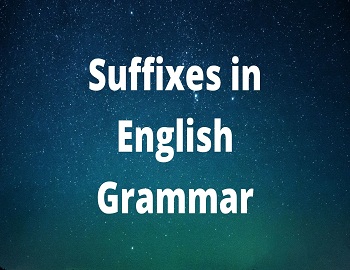

Comments (No)